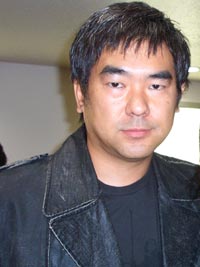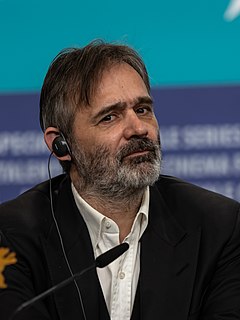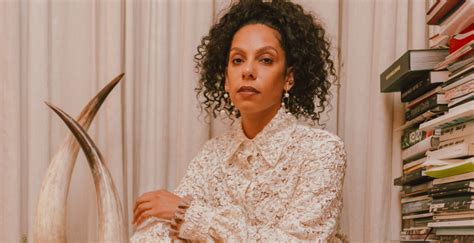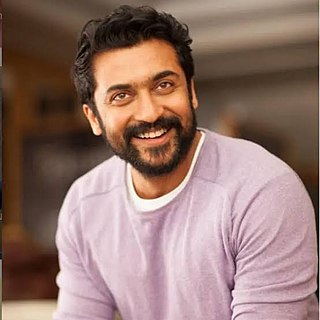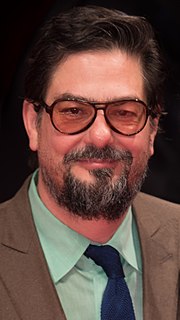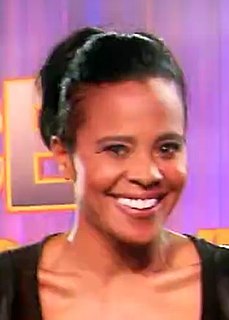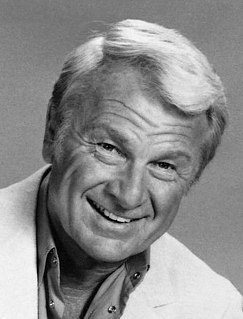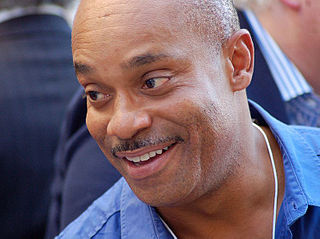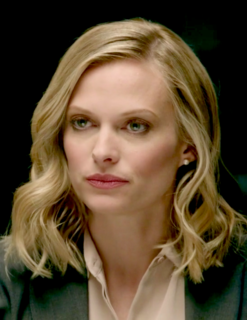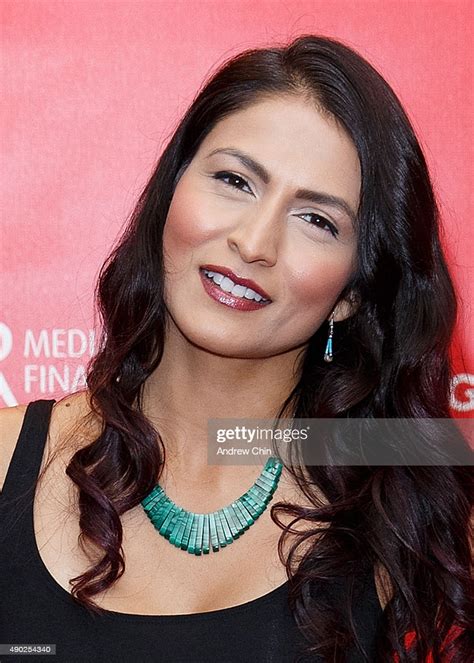A Quote by Ryuhei Kitamura
I don't really consider myself a horror director or a violent director at all.
Related Quotes
When I realized that nothing is perfect and no one is perfect, I was able to overcome my initial fears. I was holding myself to some weird standard that I was putting outside of myself, i.e., the director or casting director - they're not expecting perfection. I had all these strange trappings I would put myself in.
A strong film director does leave you to your devices. A strong director allows you to be free and you trust that he's there and he will tell you if you've gone too far. A strong director allows you to be much more experimental and take greater chances than a director who isn't secure within himself.
When I'm in the studio, I write the music, I play the different instruments, I produce it, I arrange it, and it's a self-indulgent exercise. It's the way I make my music. And when I'm acting, I get to leave myself behind, which is a relief. I get to collaborate with a director; I respect the director's medium and all the actors and actresses. So at the end of the day, it's about a character and it's about a director's vision. It's a really good balance for being so intense and alone in my personal process of making music.
Yes, there was a massive difference between their styles. David is a very technical director and Chris is an actor's director, in the sense of emotion. With David, he's done horror films, so Eclipse is much darker, whereas I found New Moon really light and poetic. I didn't have as much interaction with David because the casting process was already done.
